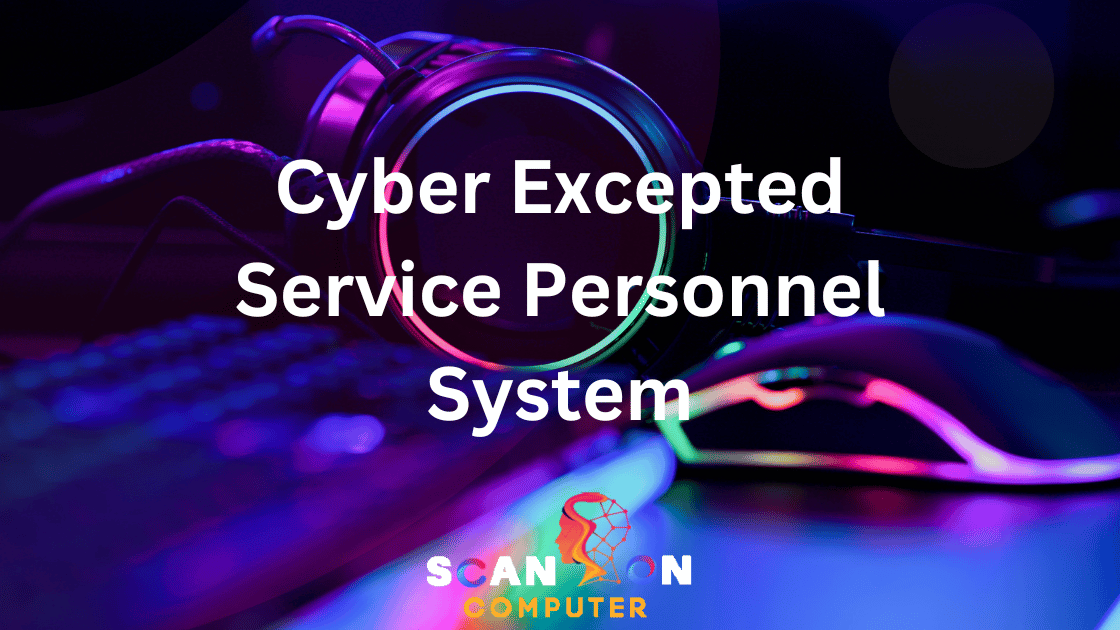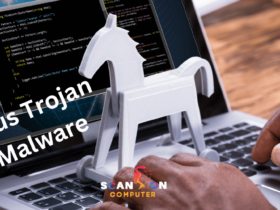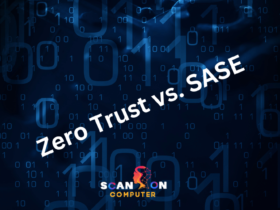The Air Force is using its new Cyber Excepted Service (CES) personnel management system to recruit more civilian cyber professionals, while providing current employees with opportunities to transition through programs like Career Broadening Swap Program and Targeted Local Market Supplement.
In addition to speeding up the hiring process, CES allows hiring managers to set pay rates for newly recruited personnel – giving them an edge against private sector companies when competing for top talent.
CES is a mission-focused personnel system
The Department of Defense (DoD) is facing an increasing need to recruit and retain cyber and IT talent, so they have created new tools that will allow them to compete with private-sector employers for top talent and keep pace with technological advances. These include mission-focused personnel systems and financial incentives designed specifically to attract female talent into DoD employment positions; additionally these new tools can assist DoD in recruiting a diverse and gender-balance workforce.
CES is a new civil service personnel system designed to allow DoD to recruit and hire highly specialized IT and cybersecurity specialists more easily. Exempt from traditional competitive service rules administered by OPM, these positions will offer more flexible recruitment and retention processes. CES should be fully operational by 2024.
This new system will empower DoD to use agile hiring sourcing and pay-setting authorities, which will make attracting top candidates simpler. Furthermore, DoD can advertise its job openings more widely or host job fairs to find top talent – thus filling critical vacancies faster for operational readiness and lethal cyber capability for the entire Department of Defense.
DoD’s CES will also offer financial incentives for recruits and existing employees alike, offering market-based compensation packages and bonus opportunities designed to attract more skilled workers. The new pay system will represent a substantial improvement from current basic pay and allowances for locality pay systems; instead it will switch over to target-based market supplements which are more comparable with private sector salaries.
CES is expected to streamline human resources procedures at DoD and make them more efficient, as DoD will no longer need to use USAJobs for all its cyber jobs and can hire and train staff more rapidly. This will allow DoD to stay ahead of current cyber threats while safeguarding sensitive information and data, improving its cybersecurity capabilities while remaining competitive against private-sector employers.
CES is aligned to both Title 10 and Title 5
The Air Force is seeking to expand the Cyber Excepted Service (CES) personnel management system in order to increase its ability to recruit and retain civilian cybersecurity specialists. CES was granted by Congress in 2016, giving DoD greater flexibility and options when recruiting these personnel as well as using market-based pay structures that compete against the private sector for these workers. Now the Pentagon wants to expand CES with thousands of new positions.
CES is a mission-focused personnel system that is consistent with both Title 10 and Title 5. Its provisions support human capital lifecycle for Department civilian positions as well as organizations engaged in intelligence or related missions, and help facilitate employee mobility between positions or agencies; across categories of civilian personnel as well.
DoD has already utilized its Cyber Exigent Services authority to hire numerous civilian cybersecurity professionals and, according to its chief information officer, is taking full advantage of this hiring tool. Hiring more workers through CES will enable DoD to compete more effectively against private sector firms for cybersecurity talent.
To do this, the CES will offer various benefits that will support its employees’ development such as a career broadening swap program and local market supplement modeled on Intelligence Community’s joint duty swap program, which gives employees opportunities to experience other parts of an agency. Furthermore, financial incentives will be given for current employees to switch over to the new personnel system.
DoD will have new authority under CES to accelerate and innovate the civilian hiring process, including sourcing candidates from a wider pool and posting jobs clearly labeled CES positions. Furthermore, certain statutory requirements, such as veterans’ preference can be waived.
The Cyber Enterprise Service will also facilitate hiring contractors more easily for DoD contracts, provided they meet specific criteria. This will create a more flexible and diverse workforce which can better protect our nation against cyber threats.
CES offers flexibilities for recruitment and retention
CES is a personnel management system designed to offer flexibility when recruiting, retaining and developing civilian cyber professionals. Authorized by Congress in 2016, this personnel system aims to assist DoD in recruiting a skilled cyber workforce as well as provide them with agility when responding to cyber threats.
Contrasting Title 5 competitive service, which mandates all positions be posted for competition via Federal employment systems, CES allows agencies to hire employees without going through a traditional competitive hiring process. Furthermore, employers can offer unique monetary incentives designed to attract and retain cybersecurity professionals through bonuses for critical agencies, locations or work roles – providing attractive alternatives for talented candidates not seeking an extended and laborious federal hiring process.
CES can also expedite the hiring process by giving hiring managers more flexibility in setting pay levels for new hires. Instead of being constrained to OPM’s step and grade structure, hiring managers using CES have up to two additional steps available when setting pay levels for new hires compared with what would normally be available in that grade level – something especially helpful when hiring senior cybersecurity staff who often cost more.
Air Force CIO Goodwine says her department is seeking to increase the number of civilian cybersecurity employees it hires into CES. She points out it is imperative for the department to compete with private sector salaries when recruiting cyber experts as everyone needs experts now more than ever before.
U.S. Army Network Enterprise Technology Command (NETCOM) is currently transitioning its competitive service positions into civilian employee service (CES) positions, so that they may more competitively recruit civilian cybersecurity talent. They plan on transitioning approximately 14,000 positions over to CES so they have greater agility when recruiting and managing cyber talent. NETCOM employees who choose to transition voluntarily within 15-30 days will retain all current performance ratings, retirement benefits and leave accruals.
CES offers monetary incentives
Department of Defense (DoD) cyber recruitment and retention remains one of its top objectives, so an agile hiring process and more incentives for retention is necessary to accomplish this task. Congress granted authority to create the Cyber Excepted Service (CES) civilian personnel system which offers more targeted recruitment, hiring and retention incentives designed to attract and retain cyber talent in DoD components.
The CES rule empowers DoD hiring managers with the power to set pay rates for new hires based on their skills and experience, which will expedite hiring processes while giving DoD better access to cyber talent from private sector firms. Furthermore, this granular understanding will assist DoD planning for future growth and evolution of its cyber workforce.
To attract and retain cyber talent, CES can provide additional monetary incentives in addition to traditional benefits such as health care, retirement and leave. One such monetary incentive could include offering “local market supplements”, similar to OPM’s locality pay. This payment could be given to employees deemed essential to mission completion in high demand locations such as overseas locations or those who hold critical roles, encouraging them to remain with DoD even during periods of budget uncertainty.
Another way to encourage CES employees is through providing them with a flexible career ladder. Such an arrangement would enable them to move up in rank if their performance exceeds expectations and serves as a fantastic reward for hard work and dedication. But to remain eligible for CES certification, employees must continue meeting performance goals to stay on track.
DoD’s Cyber Employment System is the result of a longstanding effort to recruit and retain highly skilled cyber professionals and create a more capable military. CES allows the DoD to focus on its missions while creating an engaged employee culture – it also supports strategic goals of its Chief Information Officer and Principal Cyber Advisor as well as encouraging voluntary employee conversion from competitive service to excepted service.













